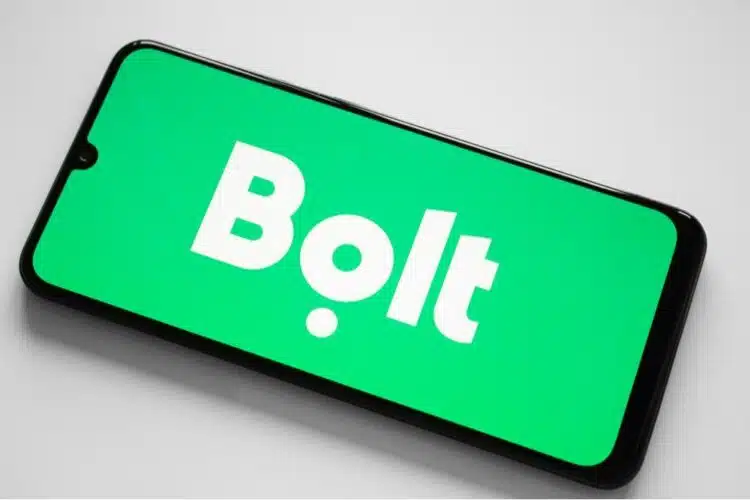Physical Address
60 Ekwema Cres, Layout 460281, Imo
Physical Address
60 Ekwema Cres, Layout 460281, Imo

Bolt Kenya has recently explained why there’s a 50% fare increase, saying it’s all about finding a fair balance between what drivers earn and what riders can afford to pay. Following the government’s call for a fare hike, Bolt is making moves to make sure drivers get better pay without making rides too expensive for passengers.
Dimmy Kanyankole, Bolt’s Senior General Manager of Rides in East Africa, shared this in a statement to Technext. He acknowledged that the 50% increase is a recommendation from the authorities, and Bolt is working closely with everyone involved — from government officials to rider and driver reps — to make sure their approach reflects what everyone needs. The company welcomes honest conversations aimed at creating a fair and sustainable ride-hailing system.
Read Next: Malaysia Plans to Ban Social Media Use for Users Under 16 Starting Next Year
“As a platform serving millions of riders and thousands of drivers, our main goal is balancing affordability for passengers with better earning opportunities for drivers,” Kanyankole said. “The government’s guidance gives us a chance to align with others in the sector, and we’re carefully looking at how this fits with our long-term plans and market commitments.”

This fare increase by Bolt Kenya aims to balance driver earnings at a time when drivers have been openly protesting for better pay and improved conditions. Back in July 2024, many drivers hit the streets, unhappy about high commissions, low fares, and the lack of enforcement to make ride-hailing companies stick to the law that sets a minimum fare of 300 Kenyan shillings per trip.
One driver explained how difficult it has been to make decent money because after paying for fuel and giving commissions to apps like Bolt and Uber, there’s not much left. Drivers even warned they might start negotiating for rides offline, cutting the apps out of fare decisions altogether.
In response, Bolt announced a 10% fare increase in August 2024, raising the base fare for its Economy rides from 200 to 220 Kenyan shillings. But that still wasn’t enough for the drivers, who felt this increase didn’t reflect their needs or the reality on the ground.
Things escalated last month when the Transport Workers Union of Kenya (TAWU Kenya) said it’s ready to petition against ride-hailing firms like Uber and Bolt. The union accused these companies of unfair and exploitative digital labour practices that violate drivers’ constitutional rights.
And just last week, Kenya’s Ministry for Roads and Transport stepped in and directed ride-hailing companies to apply new pricing rules proposed by the Automobile Association of Kenya (AAK). This set of guidelines means fares will jump by 50%. While this is good news for drivers, who had given the companies a week to adapt, passengers might feel the pinch as they deal with the country’s tough economic situation.
Bolt Kenya explains the 50% fare increase aims to balance driver earnings but also makes room for riders who are sensitive to price changes. The company says it understands drivers’ concerns and remains open to talks.
Read Next: Seedstars and SANAD Partners to Empower Women Entrepreneurs in Africa and the Middle East
“We know drivers have voiced worries about pricing and earnings, and these matters have always been part of our internal discussions. We’re ready to keep talking with all key players to find solutions that work for everyone,” Bolt said.
So, while the 50% fare increase might come as a surprise to some, Bolt Kenya’s position is clear: the goal is to make sure drivers get a fair deal without pushing riders away, keeping things fair and sustainable for the whole ride-hailing community.
Was this information useful? Drop a nice comment below. You can also check out other useful contents by following us on X/Twitter @siliconafritech, Instagram @Siliconafricatech, or Facebook @SiliconAfrica.